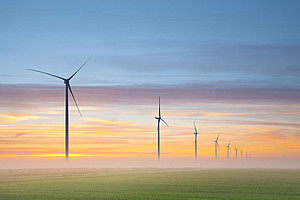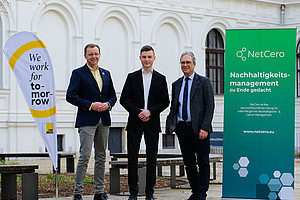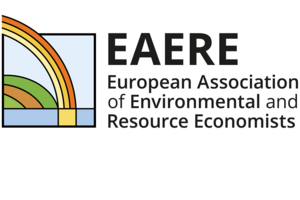Video conferences instead of business trips, working at home instead of commuting to the office – if they work well, the current emergency measures may become standard in the future, according to Karl Steininger, an economist at the University of Graz; he sees this as a good opportunity in the battle against climate change. “The coronavirus crisis is forcing us to try new ways of working. If the experience is positive, we could continue to use and extend them, making a significant contribution to the sustainable transformation of our society,” believes the climate economist.
The restrictions on manufacturing and mobility that have been forced on us by the coronavirus crisis have resulted in a significant decrease in atmospheric pollution. In China, according to analyses by the Finnish Center for Research on Energy and Clean Air, greenhouse gas emissions fell by more than 25 per cent in February 2020. However, short-term reductions like these have no effect on global warming, says Karl Steininger: “To actually reverse the trend, greenhouse gas emissions need to be reduced worldwide and permanently.” Nevertheless, the current situation is revealing an opportunity for our environment: “What we are experiencing and learning from this crisis may accelerate some fundamental changes as part of the transition to sustainability.”
In addition to the effects on our working lives, the crisis is also highlighting the dangers inherent in our dependence on global supply chains. If countries in Asia are no longer able to supply medications, electronic components, or spare parts for the automobile industry, this may have dramatic consequences for people and the economy in Europe. “This realisation is an argument for developing production structures that are regionally concentrated, to allow more autonomy; as a side-effect it would significantly reduce the ecological footprint,” says the climate economist.
Steininger points out that we already have some potential options for decentralisation, such as “additive production” technologies, i.e. 3D printing. “This would mean parts for the automobile industry, for example, could be produced where they are needed.” He mentions “flow chemistry” as another example, which allows pharmaceutical substances to be manufactured on a smaller scale, so reducing dependence on international supply chains. The chemist Oliver C. Kappe, from the University of Graz, is a pioneer in this field of research.
To achieve sustainable transformation of our society and economy, which is a central research objective for “Climate Change Graz”, one of the university’s Fields of Excellence, we need to radically rethink and reorient every area of our lives, across all sectors. The current crisis may make it easier for us to move on from the old ways of doing things, hopes Steininger.
Yet he does find it puzzling that the immediate threat posed by the coronavirus is suddenly making us accept certain measures and changes in the way we behave, which we so far did not see justified by the long-term, greater dangers of climate change.





